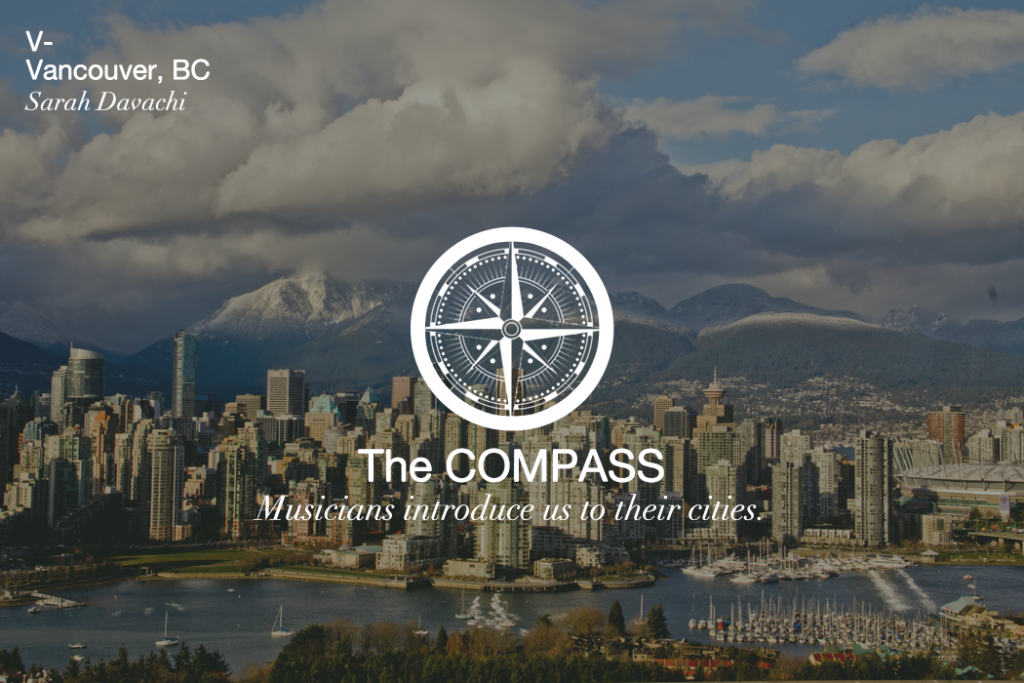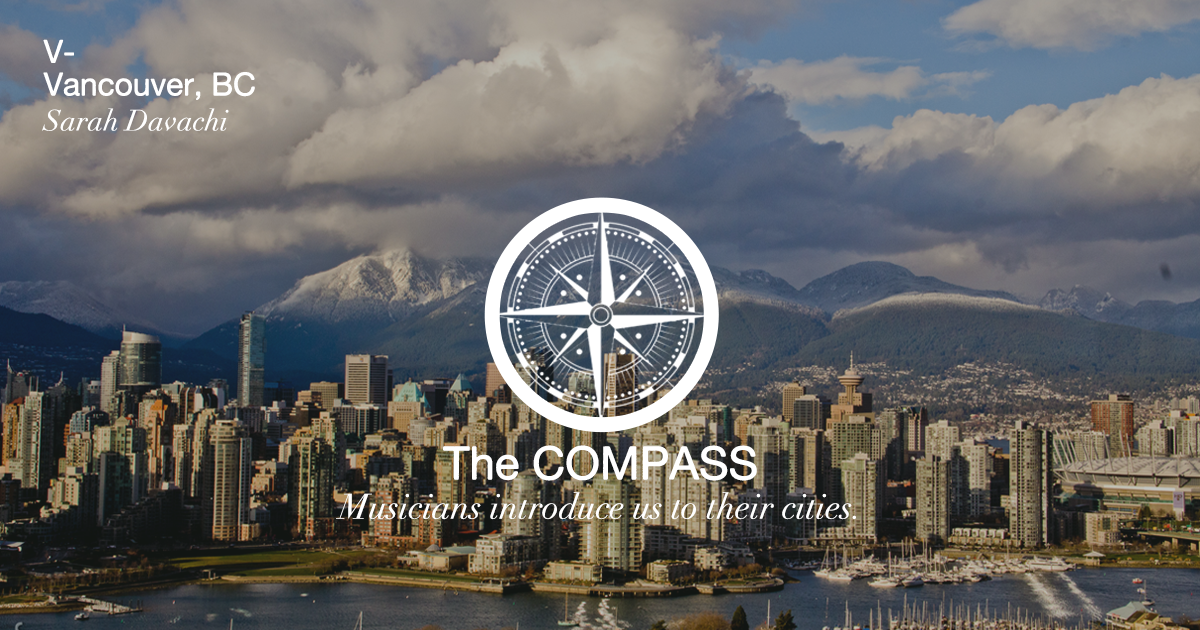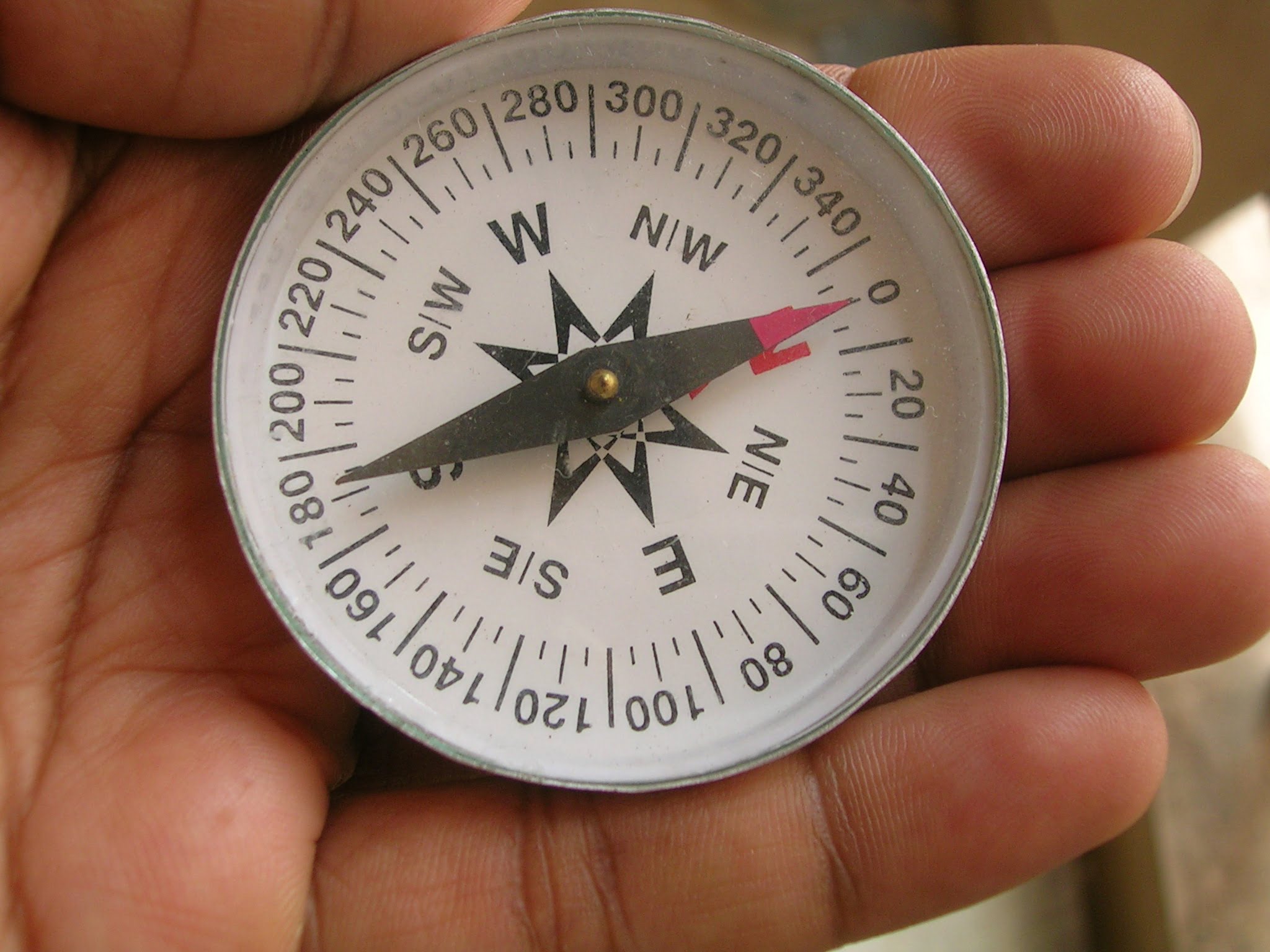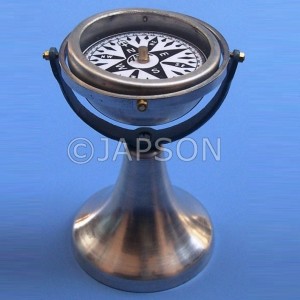Navigating Vancouver: Understanding The Compass And Its Significance
Navigating Vancouver: Understanding the Compass and its Significance
Related Articles: Navigating Vancouver: Understanding the Compass and its Significance
Introduction
In this auspicious occasion, we are delighted to delve into the intriguing topic related to Navigating Vancouver: Understanding the Compass and its Significance. Let’s weave interesting information and offer fresh perspectives to the readers.
Table of Content
Navigating Vancouver: Understanding the Compass and its Significance
.jpg)
Vancouver, a vibrant city nestled on the Pacific Coast of Canada, boasts a captivating urban landscape interwoven with natural beauty. Its diverse neighborhoods, bustling streets, and verdant parks offer a rich tapestry of experiences. Navigating this dynamic city effectively requires understanding its spatial layout, and the compass plays a pivotal role in achieving this.
The Compass: A Fundamental Tool for Orientation
The compass, a simple yet ingenious instrument, has been an indispensable tool for navigation for centuries. It utilizes the Earth’s magnetic field to determine direction, providing a reliable reference point for travelers and explorers alike. In the context of Vancouver, the compass serves as a fundamental tool for understanding the city’s orientation and relative positions of its key landmarks and neighborhoods.
Understanding Vancouver’s Compass Directions
Vancouver’s compass directions are aligned with the standard cardinal directions: North, South, East, and West. Each direction holds unique significance in understanding the city’s layout and its diverse characteristics.
-
North: North in Vancouver generally refers to the direction towards the mountainous regions of the North Shore, including the iconic Grouse Mountain and the scenic Capilano Suspension Bridge. This direction also encompasses areas like the vibrant neighborhoods of North Vancouver and West Vancouver.
-
South: South in Vancouver leads towards the city’s southern boundary, where the Fraser River meets the ocean. This direction encompasses the vibrant neighborhoods of Richmond and Delta, known for their agricultural lands, diverse communities, and international airport.
-
East: East in Vancouver points towards the direction of the Fraser River, a vital waterway that flows through the city. This direction encompasses the vibrant neighborhoods of Burnaby and New Westminster, known for their diverse communities, industrial areas, and historical landmarks.
-
West: West in Vancouver leads towards the Pacific Ocean, a defining feature of the city’s landscape. This direction encompasses the iconic Stanley Park, the vibrant Gastown neighborhood, and the bustling downtown core.
Using the Compass to Navigate Vancouver
Understanding the compass directions allows for effective navigation within Vancouver. By using the compass as a reference point, individuals can:
- Orient themselves: Determine their current location within the city and its relationship to key landmarks and neighborhoods.
- Plan routes: Efficiently navigate between different locations, utilizing the compass to understand the relative directions and distances involved.
- Explore new areas: Venture beyond familiar territories with confidence, using the compass to guide exploration and discovery.
- Appreciate the city’s layout: Develop a deeper understanding of Vancouver’s spatial organization, recognizing the interconnectedness of its neighborhoods and landmarks.
Benefits of Utilizing a Compass in Vancouver
Beyond its practical use in navigation, the compass offers several benefits for individuals exploring Vancouver:
- Enhanced sense of place: By understanding the city’s orientation, individuals can develop a more profound connection to its physical landscape and appreciate its unique character.
- Increased independence: Utilizing a compass empowers individuals to explore Vancouver independently, fostering a sense of self-reliance and adventure.
- Improved spatial awareness: Regular use of the compass sharpens spatial reasoning skills, enhancing individuals’ ability to navigate complex environments.
- Greater appreciation for geography: Understanding the compass and its application reinforces the importance of geography in shaping our understanding of the world around us.
FAQs: Navigating Vancouver with a Compass
Q: What are some essential landmarks to use as compass reference points in Vancouver?
A: Several landmarks serve as excellent compass reference points in Vancouver:
- Stanley Park: Located on the city’s western edge, Stanley Park serves as a prominent landmark for navigating the western and northern directions.
- Grouse Mountain: Visible from many parts of the city, Grouse Mountain provides a clear landmark for the northern direction.
- Downtown Vancouver: The city’s central hub, Downtown Vancouver serves as a crucial reference point for navigating towards the eastern and western directions.
- Fraser River: A defining feature of Vancouver’s eastern landscape, the Fraser River serves as a landmark for navigating the eastern direction.
Q: Are there any specific challenges associated with using a compass in Vancouver?
A: While Vancouver’s urban landscape offers numerous landmarks for compass navigation, certain factors can pose challenges:
- Urban structures: Tall buildings and dense urban environments can interfere with the compass’s magnetic field, leading to inaccurate readings.
- Electromagnetic interference: Electronic devices and power lines can also disrupt the compass’s readings, requiring careful consideration when navigating.
- Limited visibility: Foggy or overcast conditions can obscure landmarks, making compass navigation more challenging.
Tips for Navigating Vancouver with a Compass
- Calibrate your compass: Ensure your compass is properly calibrated before using it in Vancouver.
- Choose a clear reference point: Select a prominent landmark as a reference point for your compass readings.
- Avoid sources of interference: Stay away from tall buildings, power lines, and electronic devices when using your compass.
- Use multiple reference points: Utilize multiple landmarks to confirm your compass readings and ensure accuracy.
- Practice regularly: Regular practice with your compass enhances your skills and familiarity with its operation.
Conclusion: The Compass – An Essential Tool for Discovering Vancouver
The compass, a timeless tool for navigation, remains an essential instrument for exploring Vancouver’s captivating landscape. Understanding its principles and applying them to the city’s unique geography empowers individuals to navigate its diverse neighborhoods, appreciate its spatial organization, and discover hidden gems. As Vancouver continues to evolve, the compass will remain a reliable guide for those seeking to understand its intricate urban fabric and unlock its endless possibilities.








Closure
Thus, we hope this article has provided valuable insights into Navigating Vancouver: Understanding the Compass and its Significance. We hope you find this article informative and beneficial. See you in our next article!